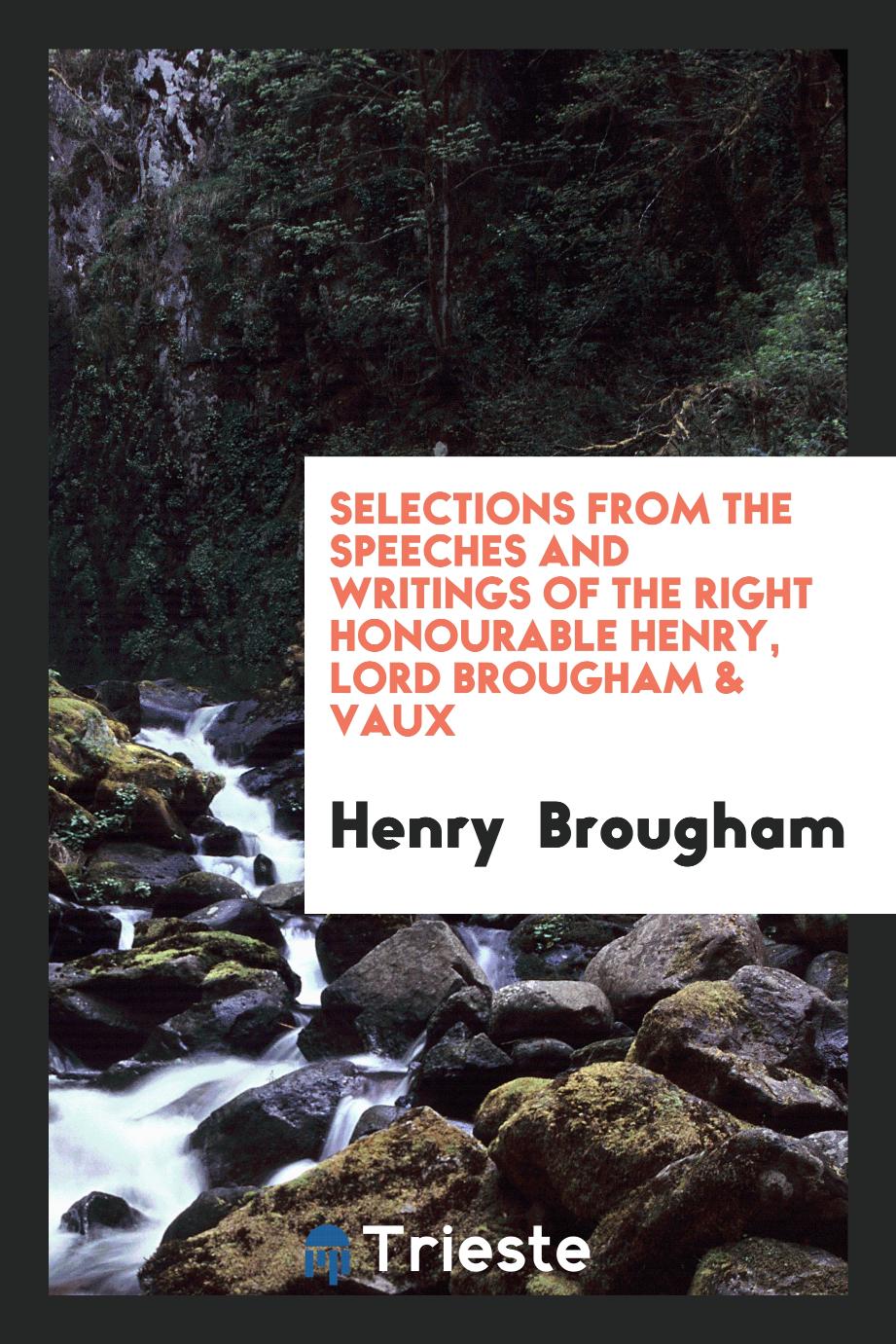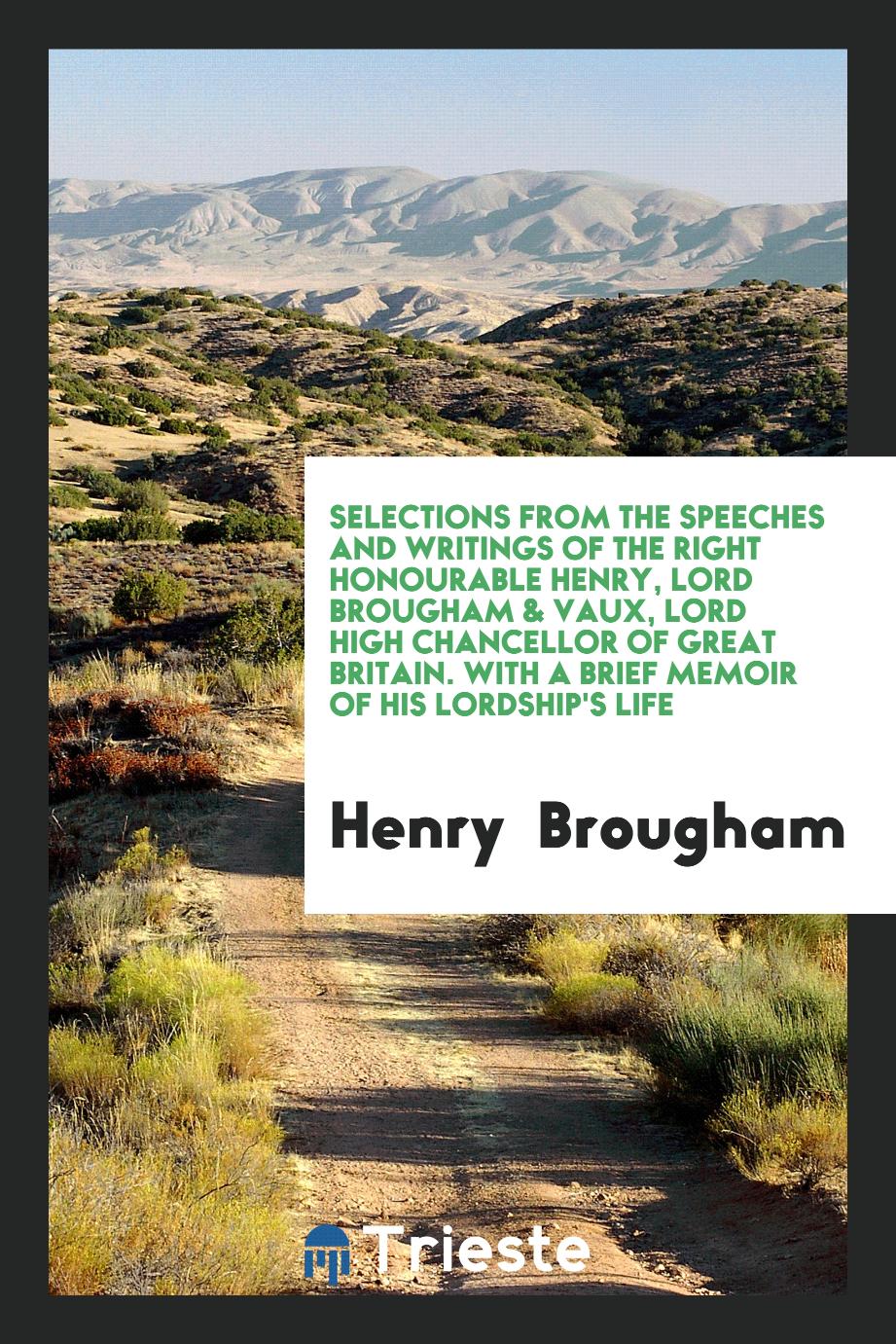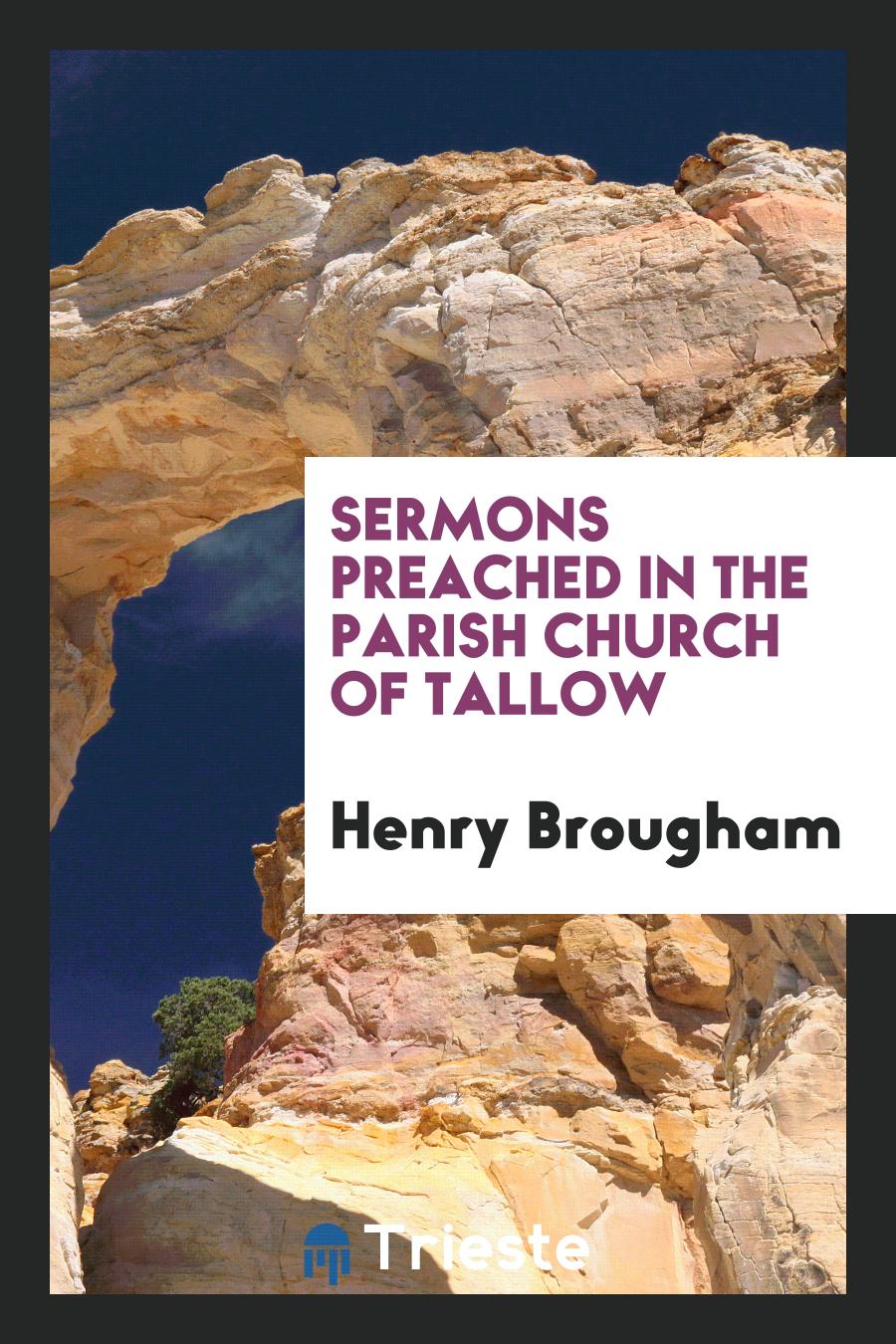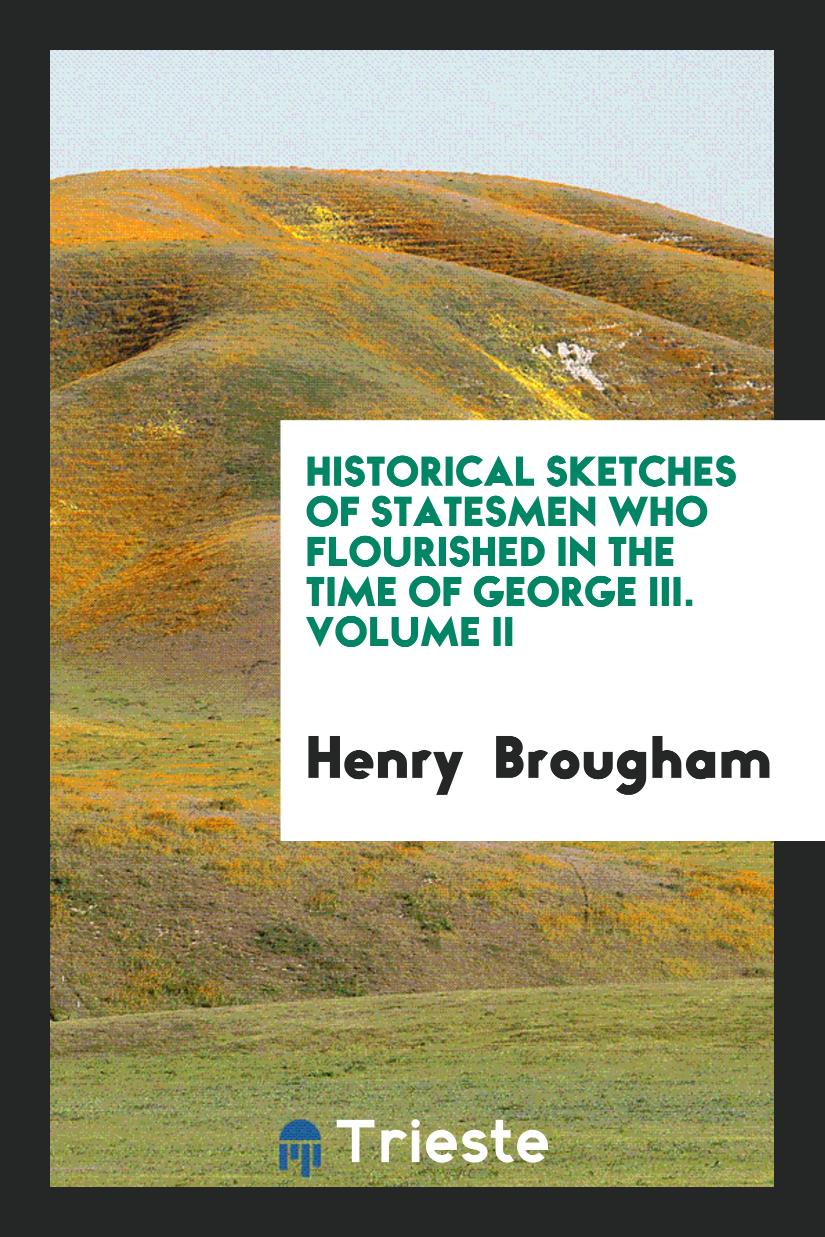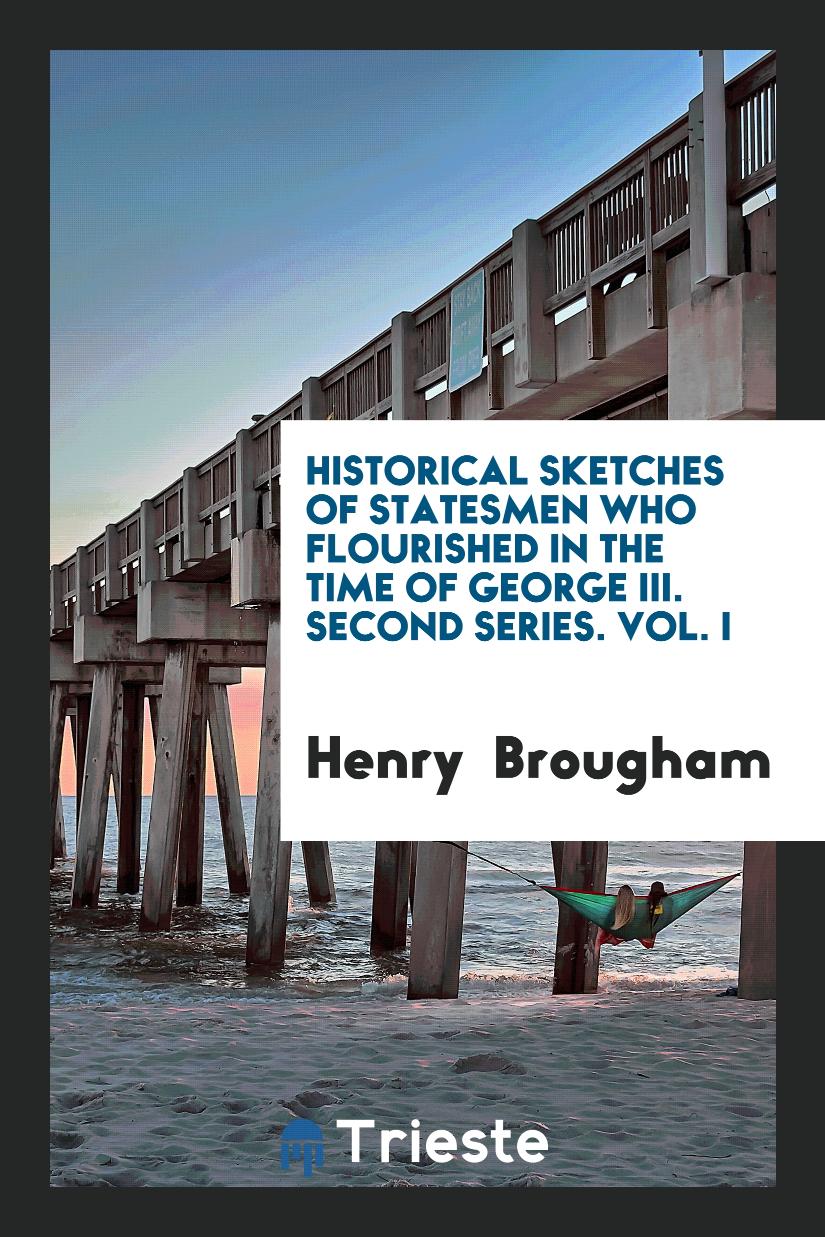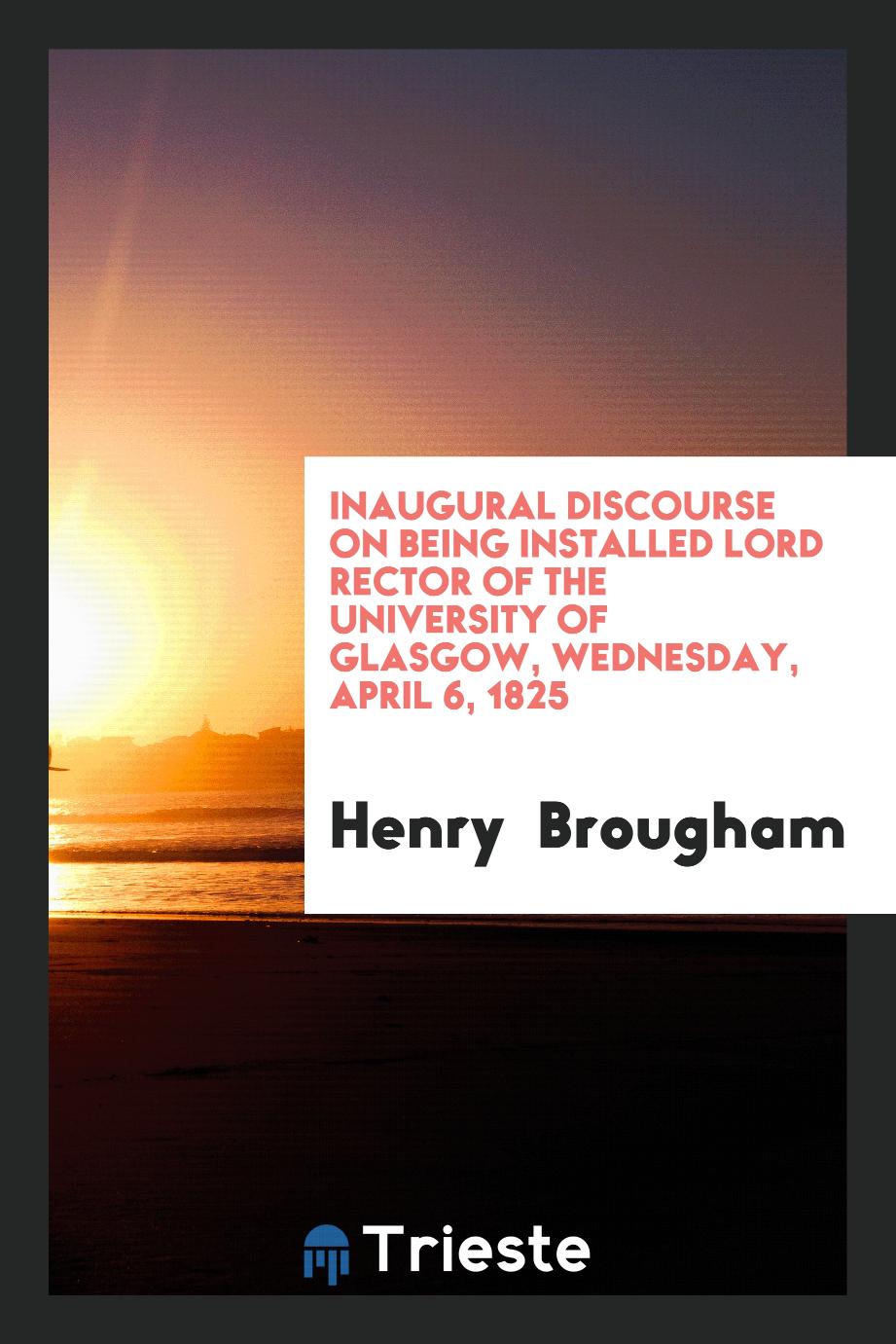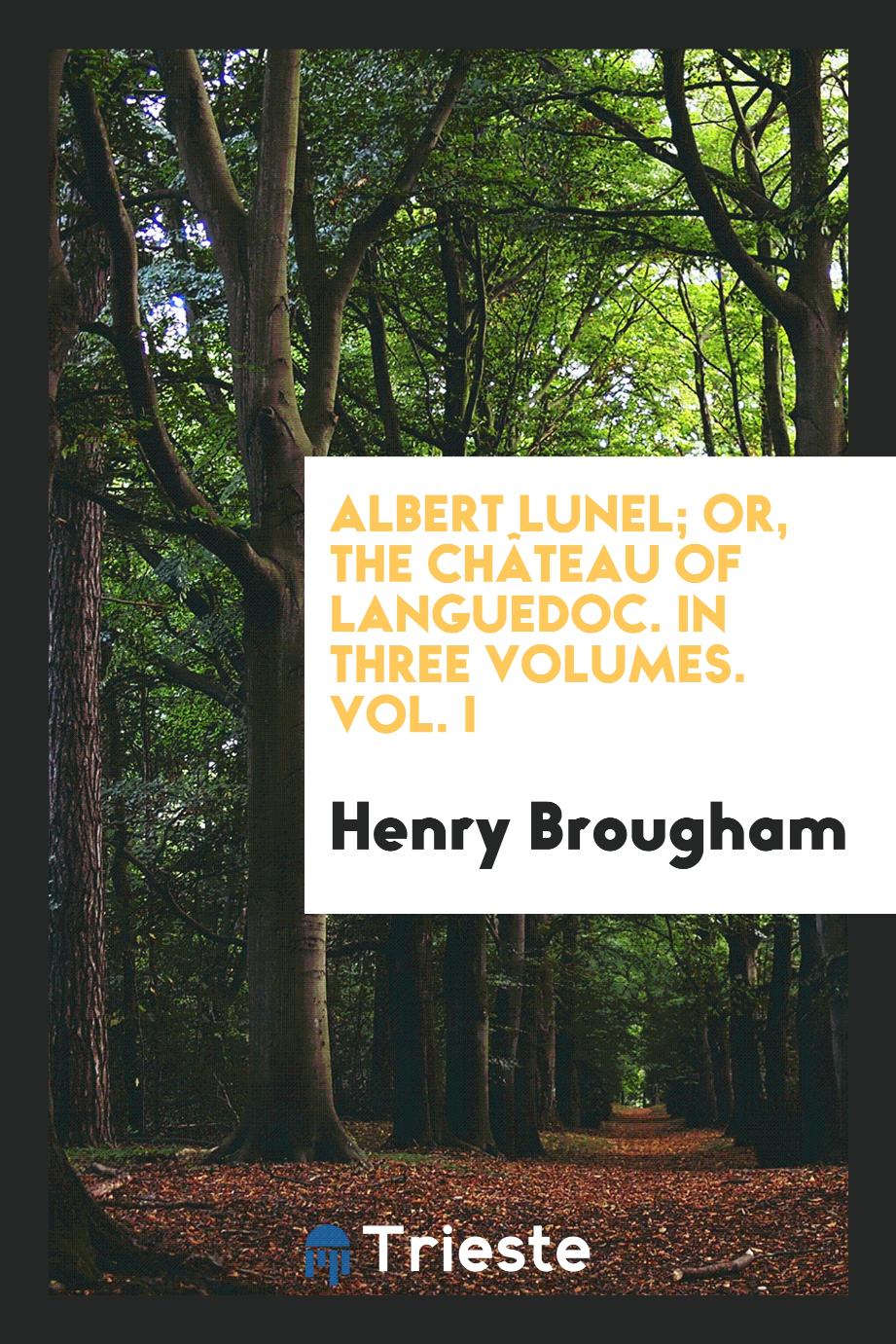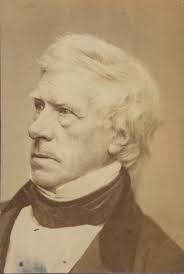
Henry Brougham
Henry Peter Brougham, 1st Baron Brougham and Waugh, ( September 19, 1778 - May 7, 1868) was a British statesman who became Lord Chancellor and played prominent role is the adoption of the Law on Reform of 1832 and the Law on the Abolition of Slavery of 1833. Born in Edinburgh, the Bruges helped found the Edinburgh Review in 1802, and then moved to London, where in 1808 he qualified as a lawyer. In 1810, he was elected to the House of Commons as Whigs. He was a member of parliament in several districts until he became a peer in 1834. Brogame gained popularity for helping defeat the Penalties and Penalty Bill of 1820, an attempt by the widely disliked George IV to annul his marriage with Caroline Brunswick. He became a supporter of liberal affairs, including the abolition of the slave trade, free trade, and parliamentary reform. Appointed as Lord Chancellor in 1830, he carried out a series of reforms aimed at expediting court cases and created the Central Criminal Court. After 1834, he never reinstated government posts, and although he played an active role in the House of Lords, he often did so against his former colleagues. Education was another area of interest. He helped found the Knowledge Society and University College London, and also held a number of academic positions, including the rector of the University of Edinburgh. In the following years, he spent most of his time in the French city of Cannes, making it a popular resort for the British upper classes; he died there in 1868.
